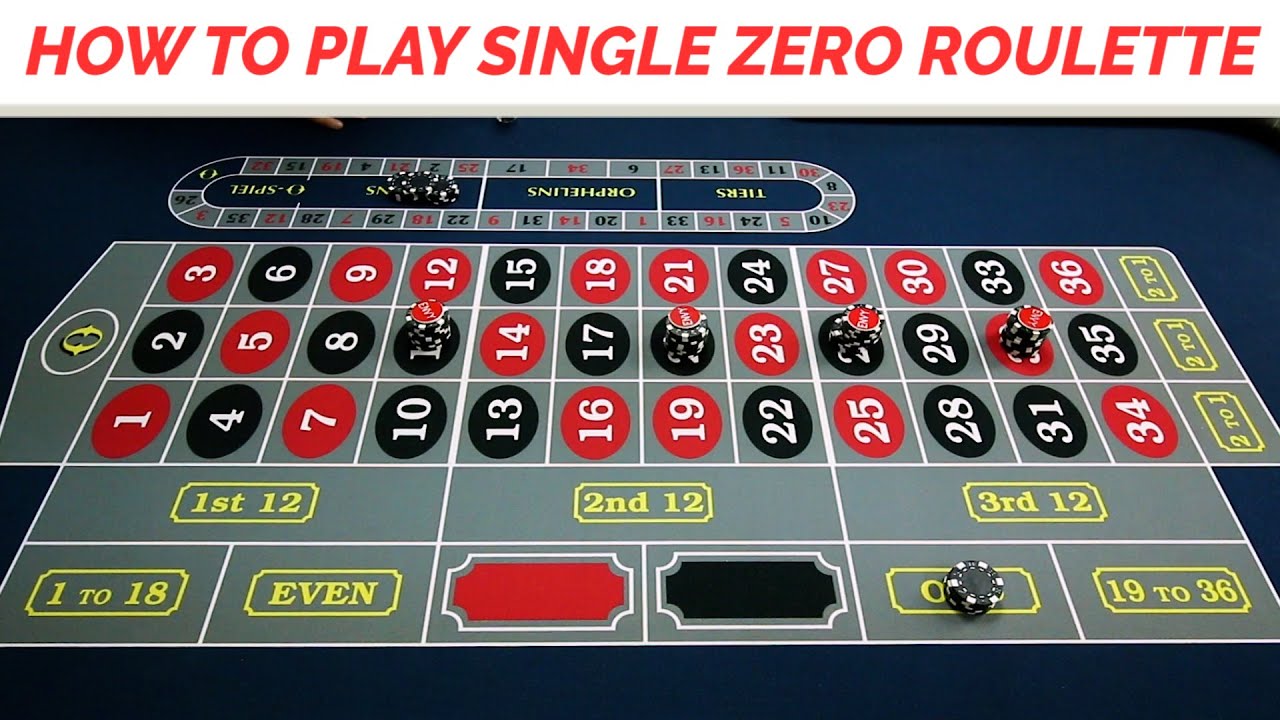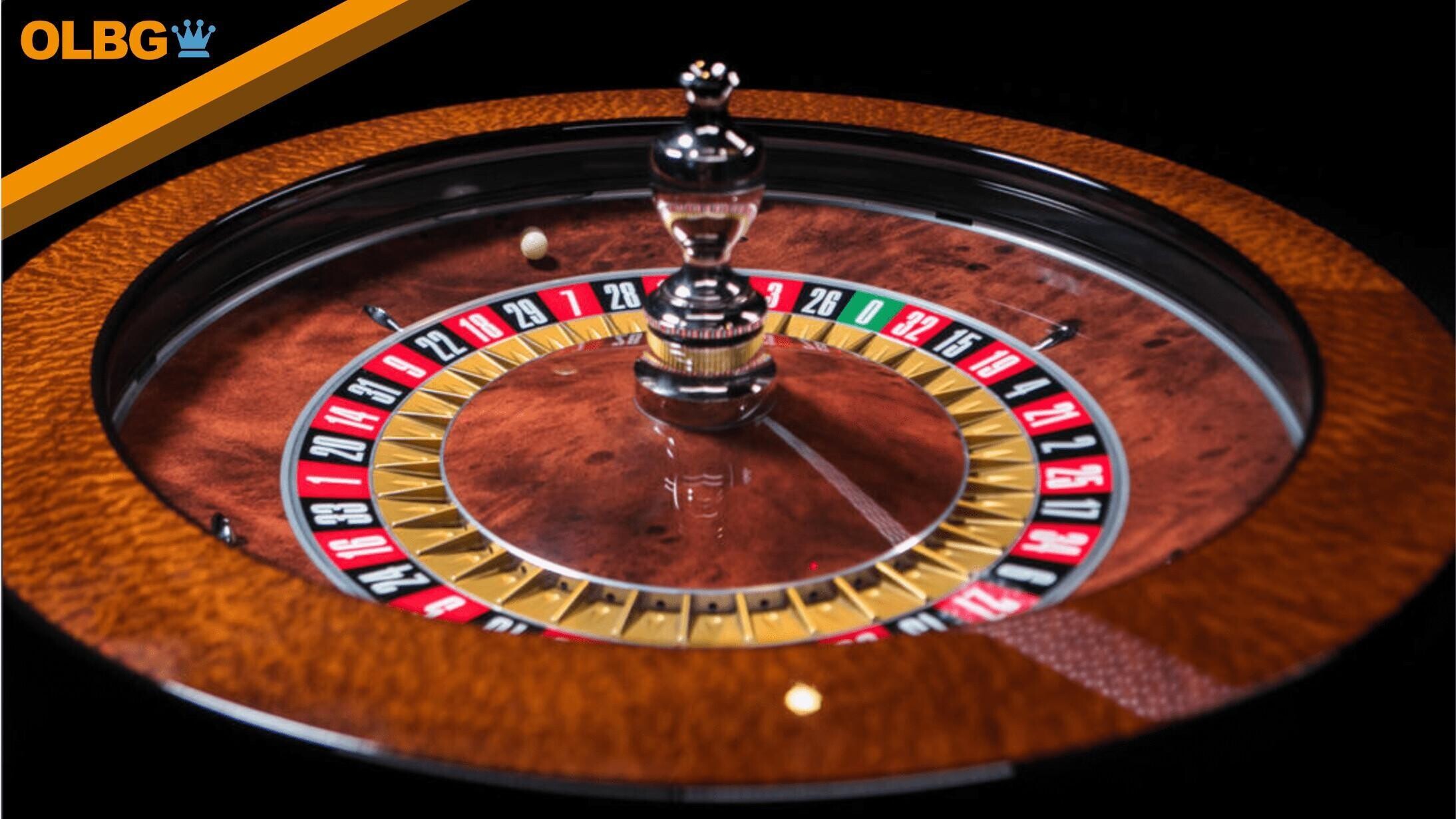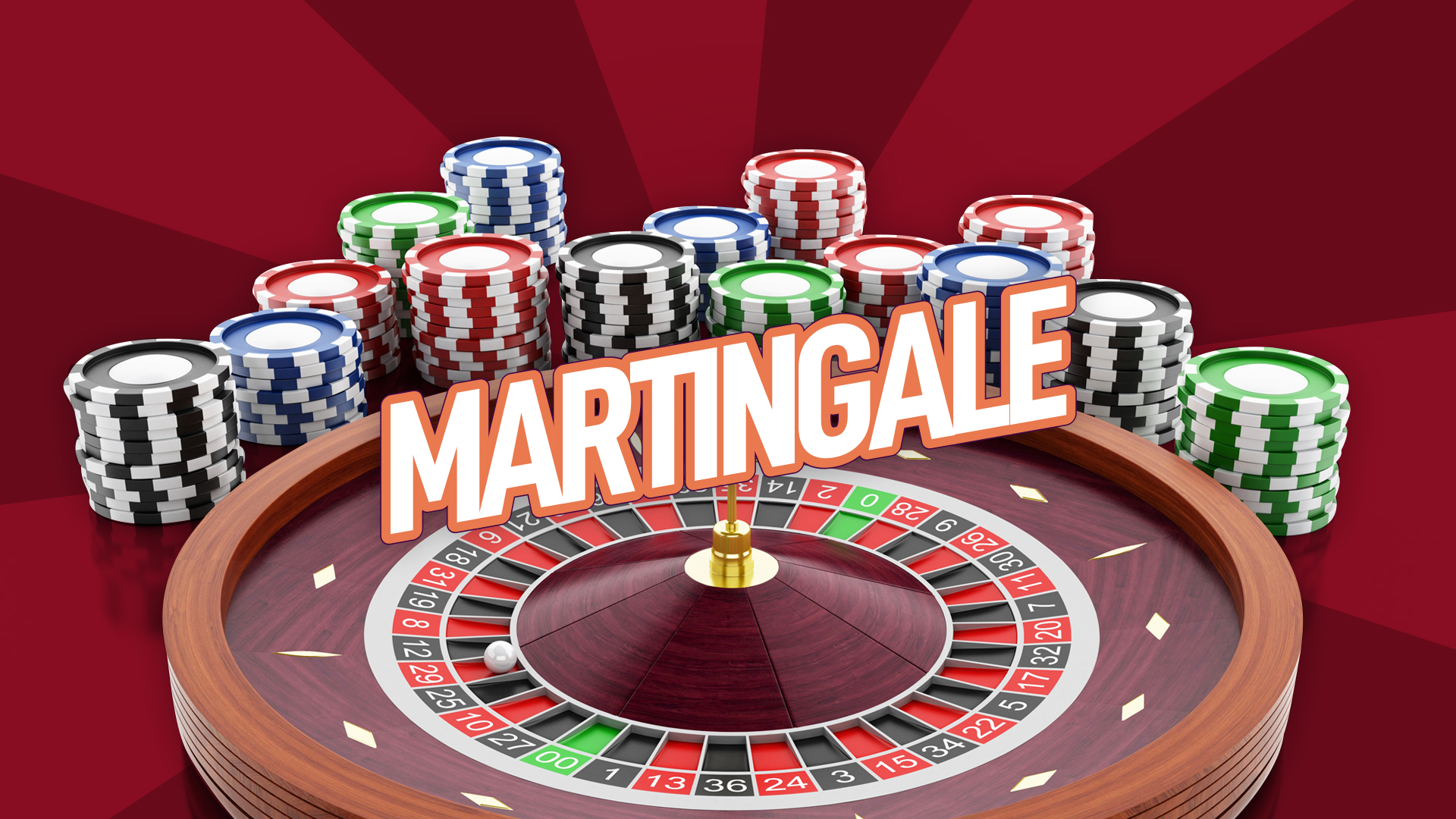Roulette—the spinning wheel of chance—has a history as rich and unpredictable as the game itself. From the salons of 18th-century Paris to the bustling casinos of modern India, its journey is a tale of luck, math, and cultural adaptation. Let’s dive in.
The Birth of Roulette: France’s “Little Wheel”
In the late 1600s, French mathematician Blaise Pascal accidentally invented the roulette wheel while tinkering with perpetual motion machines. By the 1790s, Parisian casinos had refined it into the game we recognize—a wheel with 37 pockets (1-36, plus a single zero). The name? Literally “little wheel” in French.
Fun fact: The zero pocket—painted green to stand out—gave the house its edge. Without it, the odds would’ve been too player-friendly. And honestly, casinos weren’t about that.
Roulette Spreads Across Europe
By the 1800s, roulette had hopped borders. Germany’s Bad Homburg casino introduced the double-zero wheel (adding a 38th pocket), which later became the American standard. Meanwhile, Monte Carlo stuck to the single-zero version—now called “European Roulette”—and turned it into a high-society staple.
Here’s the deal: The double-zero wheel bumped the house edge from 2.7% to 5.26%. Not huge, but enough to shift fortunes over time.
Key Differences: European vs. American Roulette
| Feature | European | American |
| Number of pockets | 37 (1-36 + 0) | 38 (1-36 + 0, 00) |
| House edge | 2.7% | 5.26% |
| Popular in | Europe, Asia | USA, Canada |
Roulette Hits the New World
European immigrants brought roulette to America, but—true to form—the U.S. tweaked it. The double-zero wheel became the norm, and the layout simplified for faster play. By the 1900s, it was a Vegas staple, glowing under neon lights.
That said, American casinos also experimented with bizarre variants. Ever heard of “Triple Zero Roulette”? Yeah, that was a thing (briefly). Thankfully, it flopped.
Roulette’s Journey to India
India’s relationship with roulette is… complicated. Gambling laws vary by state, but the game found a niche in Goa’s offshore casinos and, more recently, online platforms. Indian players often prefer European Roulette—smart choice, given the lower house edge.
Cultural twist: Some Indian casinos blend traditional elements, like Teen Patti-inspired side bets. It’s roulette, but with a masala kick.
Roulette in Modern India: Fast Facts
- Legal status: Allowed in Goa, Sikkim, and Daman; banned elsewhere.
- Online play: Thriving via international sites (and, you know, VPNs).
- Popular variants: European Roulette, Live Dealer Roulette.
Why Roulette Endures
Roulette’s magic lies in its simplicity. No complex rules—just bet, spin, and hope. The wheel’s hypnotic spin and the clatter of the ball? Pure theater. And in an age of digital overload, that tactile thrill matters.
Well, that and the fact that everyone secretly believes they’ve got a “lucky number.”
From Pascal’s workshop to Goa’s floating casinos, roulette’s story mirrors human nature itself—equal parts logic, superstition, and the irresistible allure of “what if?”




